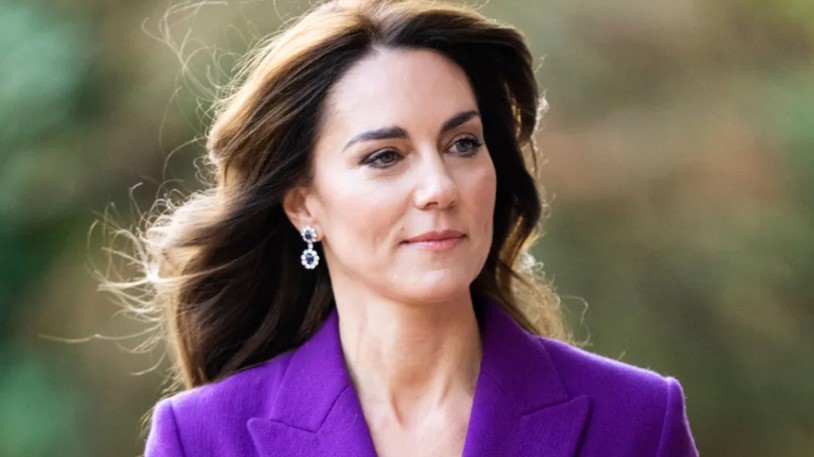
Catherine, Princess of Wales, continues to undergo preventative chemotherapy following major abdominal surgery in January. She has shared that she is making good progress but experiences both good and bad days. On difficult days, she feels weak and tired, requiring rest, while on better days, she takes advantage of feeling well.
She has expressed gratitude for the public's understanding and for sharing their own cancer experiences. Catherine is learning to be patient with the uncertainties of her condition, listening to her body, and allowing herself the necessary time to heal.
What Is Preventative Chemotherapy?
Preventative chemotherapy involves the use of anti-cancer drugs to eliminate any remaining cancer cells, reducing the risk of cancer growth or recurrence.
Duration of Treatment
Kensington Palace has not specified the length of Catherine's treatment, as it varies based on the type of cancer. Her statement indicates that her treatment will continue for a few more months.
Type of Cancer
The specific type of cancer has not been disclosed by Kensington Palace, emphasizing Catherine's right to medical privacy.
Discovery of Cancer
The cancer was detected after her surgery in January. Although the surgery was planned and initially stated to be non-cancer-related, post-operative tests revealed the presence of cancer.
Location of Treatment
Catherine's initial surgery took place at the London Clinic, a private facility. The location of her current treatment has not been disclosed. She has publicly thanked the medical team for their care.
Understanding Cancer
Cancer is characterized by uncontrolled cell division that can spread to other body tissues, leading to secondary or metastatic cancer if untreated.
Cancer Statistics
In the UK, one in two people will develop some form of cancer in their lifetime. The most common types are breast, lung, prostate, and bowel cancer. Most cases occur in individuals aged 50 and over, with a significant number in those aged 75 and over. Cancer survival rates have doubled in the past 50 years.
When to See a Doctor
If you notice unusual symptoms, such as unexplained bleeding, lumps, swelling, persistent pain, tiredness, weight loss, or a persistent cough, it's important to see a doctor. Early detection can make cancer easier to treat.